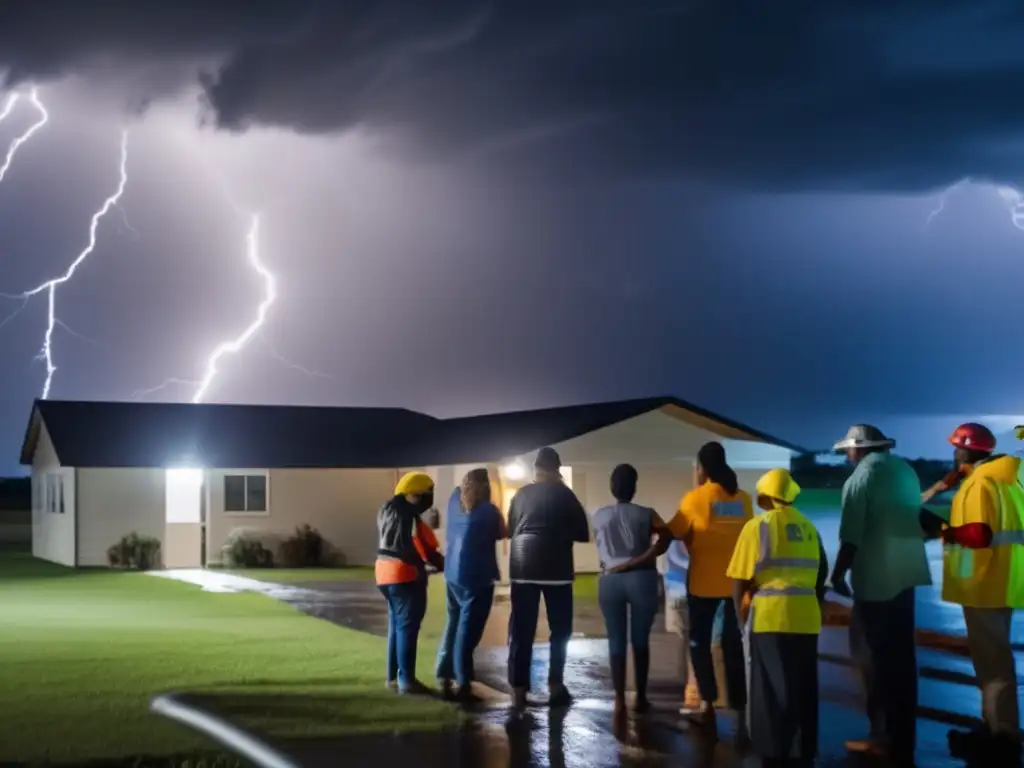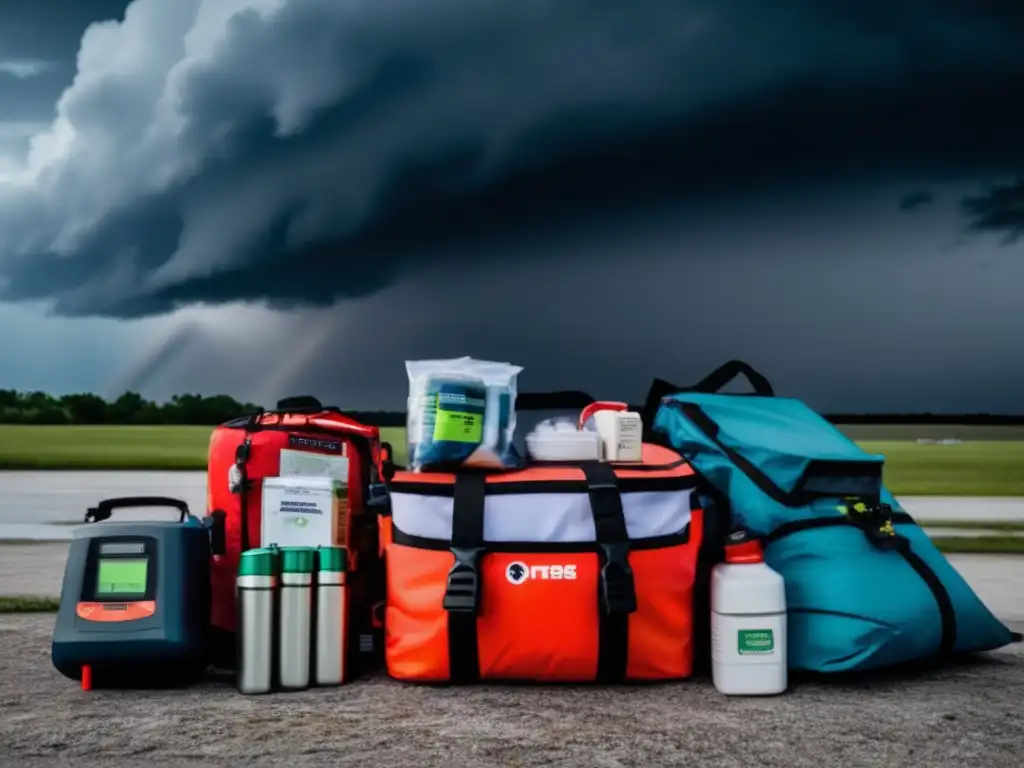Managing A Community Shelter During Hurricanes

Managing a Community Shelter During Hurricanes: A Comprehensive Guide
Introduction
Hurricanes can wreak havoc on communities, causing widespread damage and displacement. When evacuation is necessary, community shelters become a vital resource for those in need of a safe place to stay. However, managing a shelter during a hurricane can be a daunting task. In this article, we will cover the basics of managing a community shelter during hurricanes, including preparation, logistics, safety protocols, and emotional support.
Preparing for a Hurricane

Establishing a Command Center
Before the hurricane hits, it's crucial to establish a command center to coordinate efforts and ensure effective communication between team members. This center should be located in a secure and accessible area, equipped with communication tools such as radios, phones, and internet access. Assign roles and responsibilities to team members, and make sure that everyone is familiar with their duties and emergency procedures.
Logistics and Supplies
In the days leading up to the hurricane, stockpile the necessary supplies, including food, water, blankets, medical equipment, and hygiene products. Ensure that you have enough supplies for all potential evacuees, including individuals with special needs. You may also need to consider transportation arrangements for evacuees, such as buses or other vehicles.
Training and Preparedness
Having a well-trained team is essential to managing a community shelter during a hurricane. All team members should be trained in emergency procedures, first aid, and crowd management. Regular drills and practice sessions should be conducted to ensure that everyone is prepared for any eventuality. Establish and communicate protocols for handling medical emergencies, including who to contact and how to transport individuals to medical facilities.
Managing the Shelter during a Hurricane

Communication and Organization
During a hurricane, communication and organization are key. Ensure that all team members are in constant communication and aware of any updates or changes to emergency procedures. Keep track of evacuees and their needs, and be prepared to provide assistance and support as needed. Establish a system for tracking supplies, including food, water, and medical equipment.
Safety Protocols
Safety is the top priority during a hurricane. Establish safety protocols to ensure that everyone is protected from the effects of the storm. This includes securing the building and monitoring potential hazards such as flooding or structural damage. Be prepared to evacuate the shelter if necessary.
Emotional Support
Evacuees may experience a wide range of emotions during a hurricane, including fear, anxiety, and stress. It's important to provide emotional support to individuals who are displaced from their homes and communities. This can include providing counseling services, creating activities to distract from the situation, and connecting them with family and friends.
Frequently Asked Questions

-
What should I do if someone requires medical attention during a hurricane?
Establish medical protocols beforehand, such as who to contact and how to transport individuals to medical facilities. Have necessary medical equipment on hand and ensure that all team members are trained in first aid.
-
What happens if the shelter is damaged during the hurricane?
Have an evacuation plan in place and monitor the building for potential hazards. If the shelter becomes unsafe, be prepared to evacuate immediately.
-
How can I ensure that all evacuees receive the necessary supplies and resources?
Establish a system for tracking supplies and keep a record of each evacuee's needs. Assign team members to specific tasks and responsibilities to ensure that everyone receives adequate support.
-
What should I do if an evacuee becomes aggressive or poses a threat to others?
Have protocols in place for handling disruptive individuals, including contacting law enforcement if necessary. Provide training for team members on de-escalation techniques and conflict resolution.
-
How can I provide emotional support to evacuees during a hurricane?
Create activities to distract from the situation, provide counseling services, and connect them with family and friends. Make sure that all team members are trained in providing emotional support and are available to listen and offer assistance.
Conclusion
Managing a community shelter during a hurricane is no easy feat, but with proper preparation and organization, it can be done effectively. Prioritize safety and communication, establish protocols for supplies and logistics, and provide emotional support to evacuees. Remember, community shelters are a vital resource for those in need, and managing them effectively requires a strong and dedicated team effort.
Additional Resources

 Electrical Cord Safety Seals
Electrical Cord Safety Seals Strategic Packing: What To Keep Accessible During A Hurricane
Strategic Packing: What To Keep Accessible During A Hurricane Safety Goggles
Safety GogglesIf you want to discover more articles similar to Managing A Community Shelter During Hurricanes, you can visit the Hurricane preparedness: category.
Leave a Reply

Articulos relacionados: